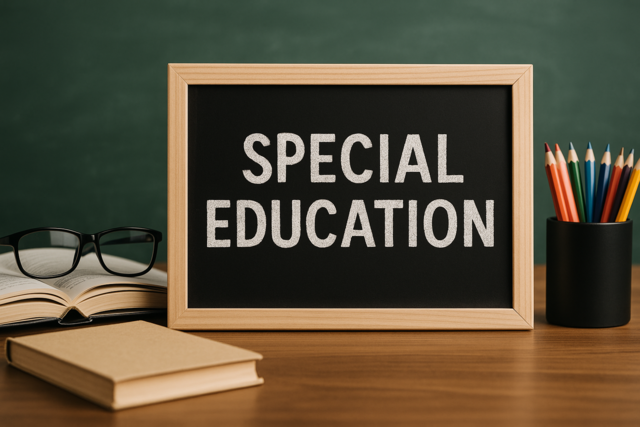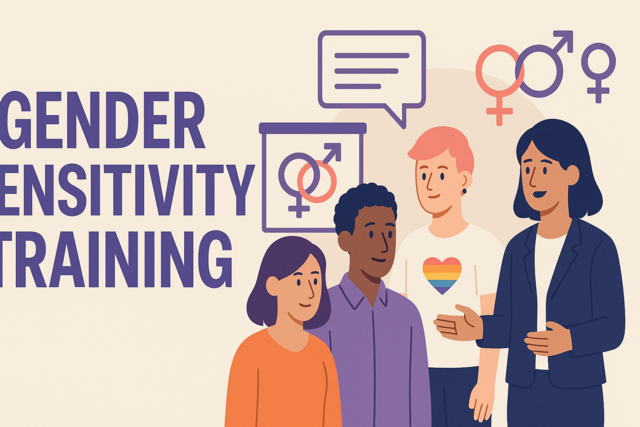Emotional Intelligence
Unlock Potential, Lead with Heart

5 Hours average completion time
0.5 CEUs
11 Lessons
12 Exams & Assignments
131 Discussions
11 Videos
13 Reference Files
103 Articles
Mobile Friendly
Last Updated December 2025
Emotional Intelligence: The Untapped Powerhouse of Success
In the complex tapestry of human existence, where intellect often takes center stage, there lies a silent yet formidable player: Emotional Intelligence (EI). This comprehensive course seeks not just to elucidate its intricacies but to equip you with the mastery to weave it seamlessly into your daily interactions.
Understanding EI: The Framework
Emotional Intelligence, or EQ, transcends beyond the mere understanding of emotions. It's about discerning the emotions of those around you, aptly reacting to them, effectively conveying your own feelings, and harmoniously functioning within group dynamics.
While IQ, or intellectual quotient, measures cognitive abilities, many experts advocate that EQ holds equal if not greater weight in determining personal and professional success. Unlike the enigmatic geniuses, the majority of us operate in realms where recognizing and satisfying the emotional needs of peers, family, employers, and clientele is pivotal.
Historical Backdrop & Current Models
The lineage of Emotional Intelligence traces back to Charles Darwin's insights on the significance of emotional expression for survival and adaptation. As early as the 1920s, the term "social intelligence" emerged, emphasizing understanding others' motivations. Over time, the spectrum expanded to include both intrapersonal intelligence (understanding oneself) and interpersonal intelligence (understanding others).
Today, we recognize five predominant models of Emotional Intelligence: the Ability Model, Mixed Model, Trait Model, Bar-On Model, and the Genos Model. Each offers unique testing methodologies and avenues for enhancement.
EQ in the Professional Landscape
Emotional Intelligence is not merely academic. In the modern corporate world, EQ is increasingly seen as a key determinant of leadership quality. Companies employ EQ-centric models to refine their managerial talent. However, its application must be genuine, not merely to boost company productivity, but also to enhance the overall well-being of its employees.
What This Course Offers
-
EQ vs IQ: Dive deep into the debate. While both play significant roles, understanding the nuances of EQ and its value proposition can shape the trajectory of one's success.
-
Diagnostics & Enhancement: Identify your EQ strengths and areas of improvement, and explore methods tailored to bolstering your Emotional Intelligence, regardless of its starting point.
-
Practical Applications: Unveil the role of EQ in real-life scenarios. Understand how it influences personal relationships, professional growth, and even leadership potential.
-
Holistic Approach: While the course intricately discusses maximizing EI's potential in work settings, it strongly emphasizes its importance in overall mental and emotional well-being.
-
Genuine Interactions: Learn the importance of treating every individual as unique. Discover why true Emotional Intelligence transcends generic reactions and demands genuine, tailored interactions.
In Closing
At the heart of Emotional Intelligence lies a powerful promise: while it equips you to navigate the intricate labyrinth of human emotions, its true prowess lies in turning the mirror inward. Understanding oneself, recognizing one's own desires, strengths, and vulnerabilities, holds the secret to authentic success and happiness. This course is your guide to unlocking that secret. Join us on this transformative journey.
- Heightened emotional perception
- Deeper personal insights
- Advanced conflict resolution
- Increased motivation and resilience
- Improved empathy skills
- Adaptability in social settings
- Enhanced self-awareness
- Refined leadership capabilities
- Strengthened interpersonal communication
- Effective emotional self-regulation
-

Advanced Aromatherapy: Nature's Elixirs and Recipes
-

Introduction to Special Education
-

Bathing as Medicine: Therapeutic Bathing Techniques
-

Strategic Planning
-

Critical Thinking Skills
-

Gender Sensitivity Training
-

Journalism 101
-

Emotional Intelligence
-

Motivational and Public Speaking
-

Resolving Workplace Conflict
-

Generational Diversity in the Workplace
-

Behavior Management 101
-

Creative Thinking Skills
-

Product Management 101
-

Mastering Conversation Skills
-

Mindfulness in the Workplace
-

Kaizen 101 - An Introduction
-

Habits of Millionaires
-

Nursing Assistant Career Overview
-

Procurement Management
-

Building Self-Esteem in Children
-

Decision Making Skills
-

Conflict Resolution
-

How to Care for House Pets
-

Business Coaching
